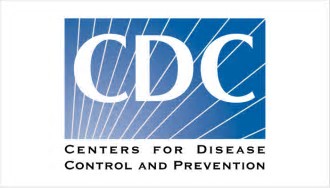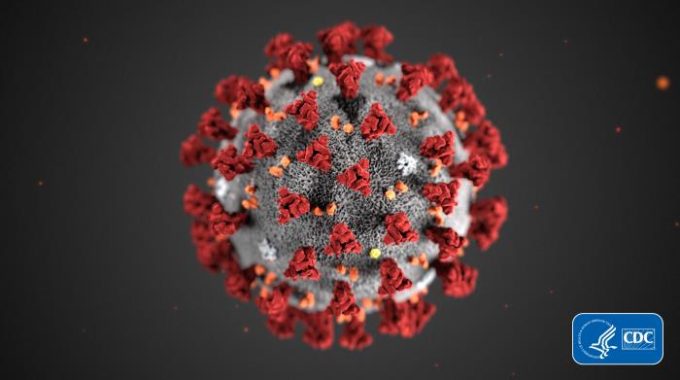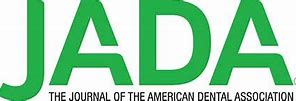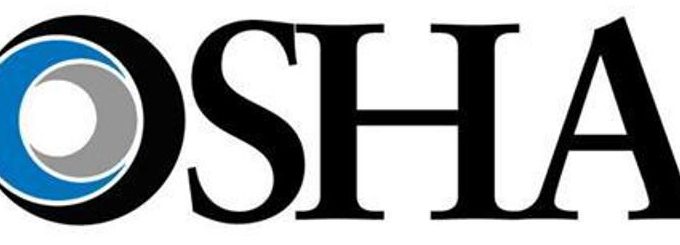As COVID cases surge across the country, California dental employers must continue to follow Cal/OSHA’s…

CDC Updates HCV Post-Exposure Guidelines
 Last month, the US Centers for Disease Control and Prevention (CDC) published updated guidelines on post-exposure management of healthcare personnel (HCP) with potential exposure to hepatitis C virus (HCV) in the Morbidity and Mortality Weekly Report (MMWR) dated July 24, 2020. The Report establishes new CDC guidance that includes recommendations for a testing protocol of the source patient and the HCP, as well as post-exposure management of the HCP.
Last month, the US Centers for Disease Control and Prevention (CDC) published updated guidelines on post-exposure management of healthcare personnel (HCP) with potential exposure to hepatitis C virus (HCV) in the Morbidity and Mortality Weekly Report (MMWR) dated July 24, 2020. The Report establishes new CDC guidance that includes recommendations for a testing protocol of the source patient and the HCP, as well as post-exposure management of the HCP.
Testing Protocol
Baseline testing of the source patient and HCP should be performed as soon as possible (preferably within 48 hours) after the exposure. Testing of the source patient and baseline testing of the HCP might be either concurrent or sequential; follow-up testing of the HCP should be determined by the source patient’s status. Detailed procedures to be followed by the healthcare provider can be found in the MMWR. If the source patient is HCV RNA positive or source-patient testing is not performed or not available, HCP baseline testing should be followed at 3–6 weeks after exposure, and then again at 4-6 months after exposure.
Additional Considerations
The CDC does not routinely recommend HCV post-exposure prophylaxis (PEP) for HCP with potential occupational exposure to HCV. The risks for transmission of HCV from percutaneous exposures (0.2%) and mucocutaneous exposures (0%) are low and in most cases do not justify HCV PEP to exposed HCP because of potential side effects. Instead, new HCV infections should be identified early and treated. According to the CDC, antiviral therapies for HCV therapy are highly effective in treating acute and chronic infections.
Since 1992, OSHA Review, Inc. has provided dental professionals with comprehensive programs to support regulatory compliance and infection control. We are a registered continuing education provider in the state of California, specializing in Dental Practice Act, infection control, and OSHA training.



